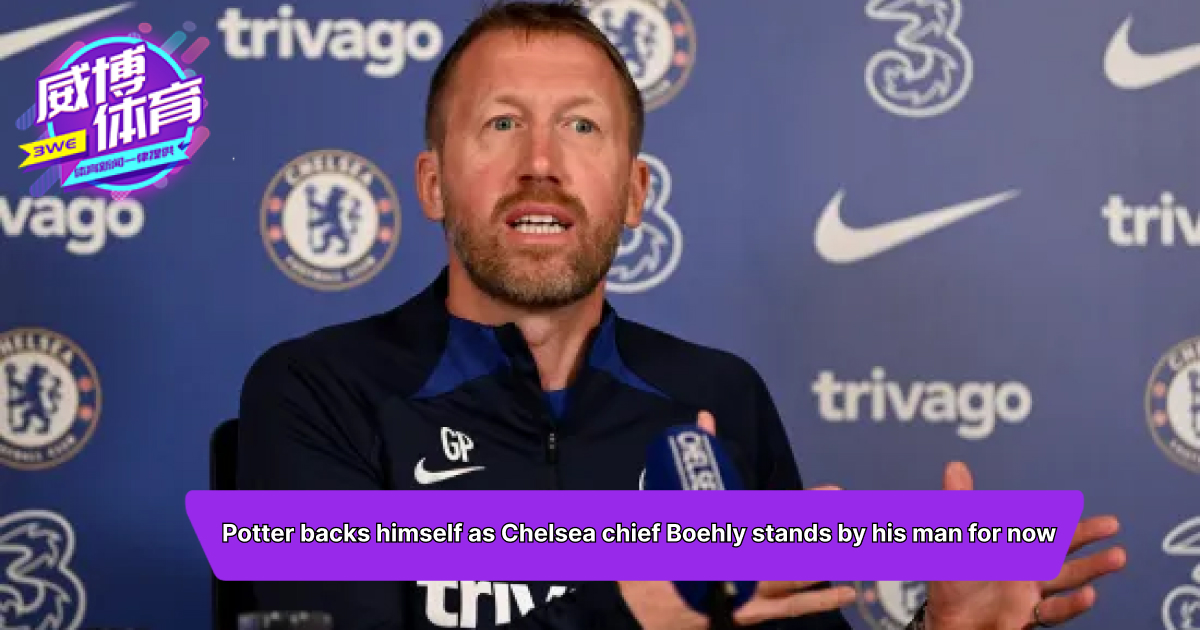Man City know what their punishment will be as Liverpool and Premier League approach point of no return

Gary Neville may have gone a little too far with his thoughts on the Premier League but the competition is quickly approaching a point of no return after Everton points deduction and Man City controversy
In film and television, one particular phrase sends spine-tingling fear through anyone associated with a particular title.
To describe an ongoing creative work as having “jumped the shark” – coined after a bizarre moment in 1970s sitcom staple Happy Days – indicates the moment it has exhausted its original intent and has veered massively, and often irretrievably, away from its core values.
And the signs all suggest the Premier League is now dangerously approaching such a point of no return.
What was for many years heralded as the bastion of sporting and commercial success is now being seriously questioned as whether or not it is any longer fit for purpose.
The problem, as with many things in life, revolves around money. Lots and lots and lots of money.
It’s why Manchester City have moved from decades on the fringes to become the most successful team on the planet. It’s why both they and Newcastle United are now majority state-owned. It’s why Everton were recently slapped with a 10-point deduction. And it’s why Liverpool were among several clubs financially penalised for their foolish attempt to set up a European Super League.
ElecTrick – Save Up To 90%
I Save 90% on Electricity, Thanks to This Device
Furniture Deals
San Julian: Unsold Furniture Liquidation 2023 (Prices May Surprise You)
by TaboolaSponsored Links
To state the Premier League is “a defunct organisation because they’ve got 20 clubs all voting with self-interest”, as claimed by Gary Neville, is perhaps taking things too far. As is occasionally the case with the former Manchester United man, for better or worse his passion for the game gets the better of him. After all, that the competition came into existence in the first place more than 30 years ago is that clubs were voting with self-interest at heart.
But recent events have underlined something isn’t right.
There is an element of self-interest in everything anyone does. That’s human nature, the survival instinct kicking in. However, where that self-interest long had a collective aim in the Premier League, now it appears more and more that clubs are prepared to blatantly go with whatever suits them best.
For example, Everton fans are planning a major protest at the weekend over what they deem as corruption in the Premier League after their censure for breaching the competition’s Profitability and Sustainability Rules. Yet the Blues, presumably guided by prospective new owners 777, were reportedly among those who this week blocked a temporary ban on incoming loan deals between clubs with the same owners – transfers that will most likely open up accusations of unfair advantages for those part of a multi-club empire.
Throw in the ongoing controversy over the implementation of VAR, and rarely has the self-styled greatest league in the world been under such intense scrutiny.
But is the Premier League actually corrupt? There remains sufficient goodwill from the general football populace not to genuinely consider such an actuality. And while very much teetering on a precipice, the situation remains salvageable. However, the ongoing calls for independent regulation may now have to be acted upon.
Indeed, the fear of outside intervention no doubt prompted the Premier League to press for a strong punishment for Everton in the hope they can be seen to be putting their own house in order. Small wonder the Blues responded with a statement that said they “will also monitor with great interest the decisions made in any other cases concerning the Premier League’s Profit and Sustainability Rules”.
And the ultimate test of the Premier League’s new-found stringency is still to come. Manchester City are facing 115 different charges over a nine-year period in which they built themselves into the trophy-winning machine that now exists under Pep Guardiola, and are evidently throwing their almost unparalleled financial might behind vigorously defending themselves. If negotiating a way through that minefield is taking huge time, effort and expense, it’s because City are now aware the punishment for being found guilty will surpass anything previously meted out by the Premier League.
Question marks, too, are being raised over Chelsea, who are under investigation over alleged financial breaches. It would surprise nobody if other clubs ultimately face the same.
For their part, Liverpool have, under Fenway Sports Group, been keen to work within their means, a source of frustration for supporters who want more spent on transfers to compete with the Reds’ main rivals. And it was a desire for greater – and guaranteed – funds that was behind FSG’s misguided decision to include Liverpool in the European Super League initiative in April 2021 that was rightly lambasted by fans, players and Jurgen Klopp himself before the owners were forced to make an embarrassing and expensive climbdown.






